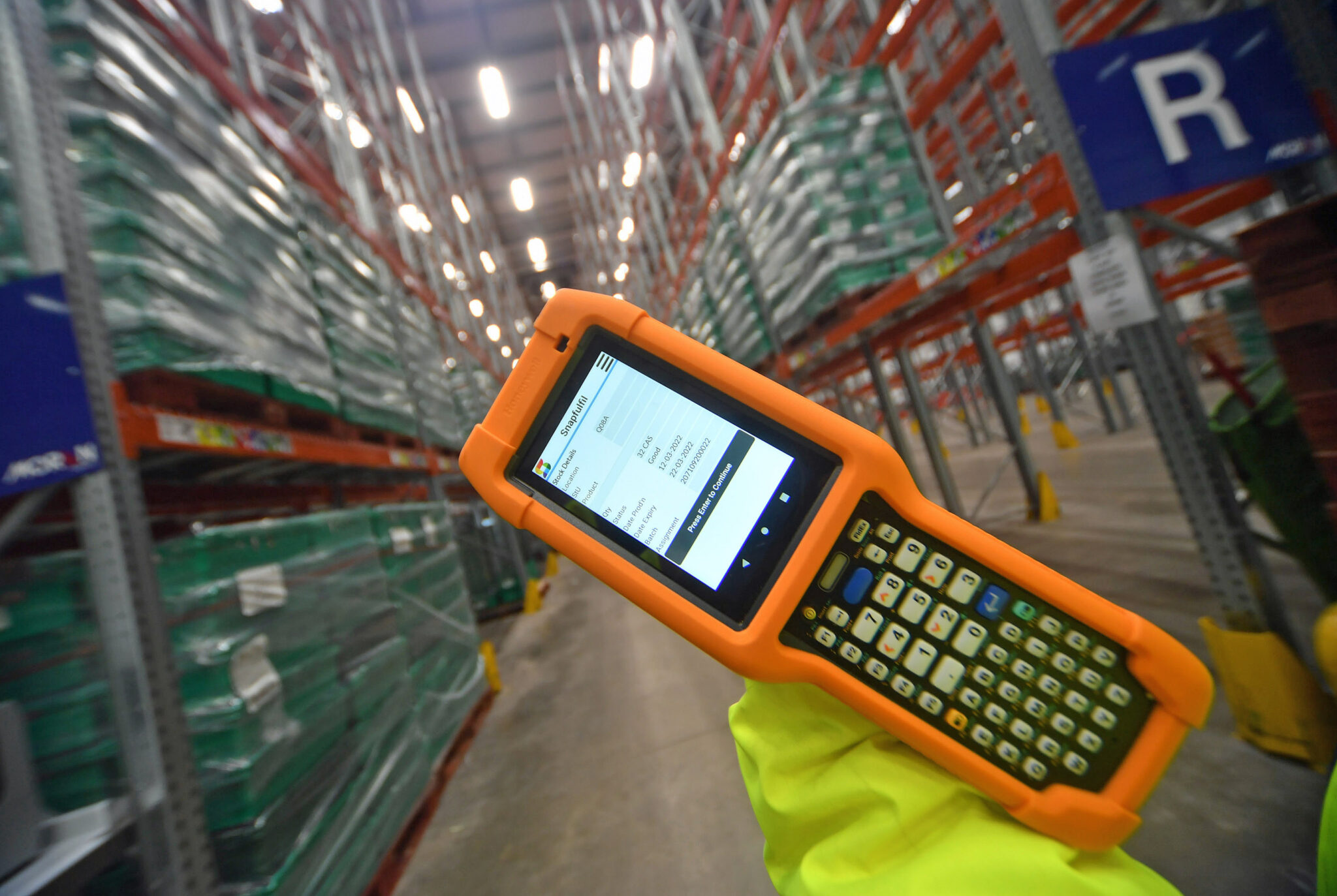Ian Cairns (pictured), Sales Director at TalkTalk Business discusses why a resilient network is essential for logistics businesses to mitigate cybersecurity risks.
The logistics sector is embracing new, innovative technologies every day. This digital transformation is providing new opportunities for growth and transformation, but it also opens new opportunities for cyber-attackers to target businesses.
Logistics organisations make for particularly tempting targets for hackers. Vast amounts of data, including banking and payment data, move through the average logistics business daily. This wealth of sensitive information about both the logistics business itself and its clients means that the impact of an attack on a logistics organisation is felt far and wide.
According to TalkTalk’s own research, conducted in collaboration with Don’t Be Shy, 85% of senior IT leaders in logistics businesses view cybersecurity as the most important factor in building supply-chain resilience over the next decade. As such, it’s vital that the logistics sector is equipped to deal with the threat of cyber hacking, and that a business has the infrastructure in place to protect its data.
Here are five tips that business decision makers should consider when looking to improving cyber resilience:
1. DO: Supply-chain audits
We know that logistics businesses are complicated machines, vulnerable to the risks of a supply-chain attack. The SolarWinds hack of 2020 is a prime example of this. Nobelium, a professional hacking group, gained access to SolarWinds’ Orion software and used it to exploit data from more than 30,000 public and private SolarWinds customers, including the US government. It only takes one weak link to open a business up to risk. Forensic auditing is well worth the time and effort it takes to mitigate the risks of cyber-attacks on supply chains.
2. DON’T: Rely on outdated cybersecurity
Castle-and-moat cybersecurity is a system in which a business’s data is contained in a single data centre (a ‘castle’) and protected by firewalls (the ‘moat’). However, many logistics businesses are becoming increasingly reliant on cloud-based applications for their operations – especially in the age of remote working and automation. In this new era of cloud computing, castle-and-moat cybersecurity might not provide the best line of defence against attacks.
Embracing solutions such as Secure Access Service Edge (SASE) can help logistics businesses to extend their networking and security capabilities. Providing a cloud architecture model that allows network and security to function as a single service, unified SASE solutions provide rich visibility, proactive insights and comprehensive control over policy, access and identity. This allows logistics businesses to make informed decisions about cyber-threats and risks to operations.
Solutions such as SASE can provide business leaders with the confidence that their supply chain is protected from disruption, no matter how reliant on cloud technology it might be.
3. DO: Embrace zero-trust
Zero-trust security, sometimes known as perimeter-less security – is one of the most anticipated concepts in modern IT. It offers a deep and multifaceted approach to cybersecurity , through a framework that requires all users inside and outside of a business’ network to be fully authenticated and continually validated to gain and retain access to data. By embracing zero-trust, logistics businesses can ensure that their supply-chain remains resilient to attacks.
4. DON’T: Assume colleagues are phishing-attack-proof
The majority of breaches by hackers targeting the logistics industry are attempted via emails that play on human emotion. Phishing attacks – where hackers convincingly pose as clients or colleagues – account for 33% of these attempts.
Whilst many people are now alert to unknown links or scam emails, phishing emails are becoming increasingly sophisticated. It only takes one colleague to unthinkingly click a link to open a whole business up to the risk of a cyber-attack. As such, all-staff reminder emails, highlighting the dangers of lax email cybersecurity, can go a long way in protecting business.
5. DON’T: Forget about robots
Many logistics businesses have already adopted automation and AI technology into supply chains. Whilst this can improve efficiencies, it can also open prime points of attack for hackers.
Hackers may not be able to retrieve valuable banking details from a team of robots or sensors, but they can still bring that team of robots to a standstill in costly and damaging ways. Often, this is followed by a monetary demand – the endgame of any ransomware attack.
6. DO: Prepare for Denial-of-service attacks
Denial-of-service (DoS) attacks are a form of cyber-attack which aims to make a network service or resource – such as a paywall or website unavailable to its users . A distributed denial-of-service attack (DDoS) involves multiple sources of traffic (from a network of compromised systems) flooding the target resource and preventing any genuine traffic or users from accessing the system .
For an unprotected logistics business, DDoS attacks can render systems and applications useless, acting like a wrench in a supply-chains operations. This can come at a huge cost, both in time lost to inefficiency as well as reputational damage .
With so much at stake, preparation and protection against DDoS attacks is something that businesses in the logistics sector need to consider. Investing in network security solutions, such as DDoS mitigation services, might just be the thing to save a supply chain from experiencing significant disruption down the line.
Getting ready for resilience
Today’s cybersecurity threats demand a steadfast response from businesses. As the logistics sector continues to embrace new and innovative technologies, having network solutions which provide centralised control and built-in security at scale is now a necessity for successful operations. By adopting solutions such as SASE, logistics managers will be able to identify cases where malware begins exploring and attacking infrastructure, setting up for a safer and more secure future.
With this in place, the logistics sector can ensure it remains safe from the growing threat of cyber criminals, whilst staying efficient and competitive in the market.
read more
Safeguard Systems from Cybercrime














